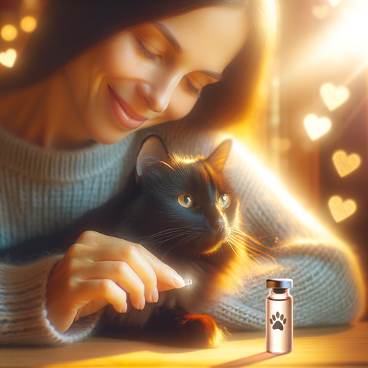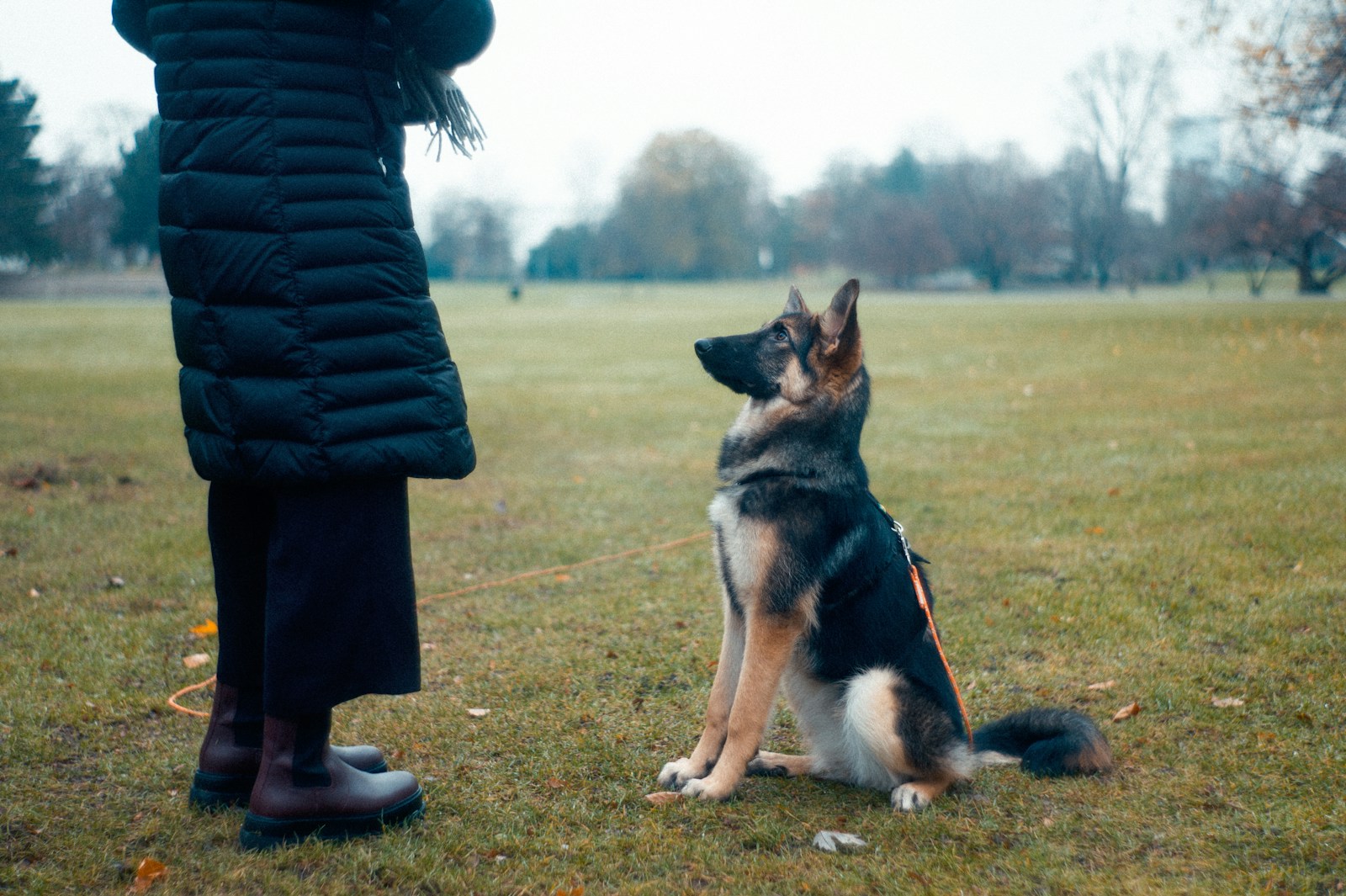Nutrition Advice Near Feeding Senior Pets: Nutritional Needs for Aging Dogs and Cats
Essential Nutrition Advice for Feeding Senior Pets: Meet the Nutritional Needs of Aging Dogs and Cats for a Healthier, Happier Life with Expert Tips on Nutrition for Senior Pets
Just like humans, pets go through significant physical and metabolic changes as they age. From slowed metabolism and joint stiffness to changes in appetite and digestion, your senior dog or cat may need a nutritional reset to maintain a healthy, comfortable life in their golden years.
Feeding your aging pet isn’t about making drastic changes—it’s about small, thoughtful adjustments that support their evolving needs. At FetchQuest.info, we help pet owners like you navigate the world of senior pet nutrition with expert-backed advice and practical tips. Here’s how you can make mealtime more meaningful and healthful for your senior companions.
Why Nutrition Matters More for Older Pets
Senior pets are more prone to health issues such as arthritis, kidney disease, heart conditions, and obesity. A well-balanced, senior-friendly diet can help manage these concerns, boost immunity, and improve quality of life.
Common age-related issues nutrition can help with:
-
Weight gain or loss
-
Joint pain and inflammation
-
Slower digestion or constipation
-
Loss of muscle mass
-
Dull coat or dry skin
-
Decreased energy levels
Key Nutritional Needs for Senior Dogs and Cats
As pets age, their bodies process nutrients differently. Here are some essential dietary elements to prioritize:
-
High-quality protein: Aging pets need more protein to maintain muscle mass, but it should be easily digestible and sourced from lean meats or fish.
-
Moderate fat: While fat provides energy, too much can lead to weight gain. Balanced fat levels also support skin and coat health.
-
Increased fiber: Helps improve digestion and maintain bowel regularity, especially in less active pets.
-
Joint-supporting nutrients: Glucosamine, chondroitin, and omega-3 fatty acids (like those found in salmon) can reduce inflammation and support joint mobility.
-
Antioxidants: Vitamins C and E help combat cell damage and strengthen the immune system.
-
Taurine (for senior cats): Essential for heart health and vision.
Tips for Feeding Senior Pets
Here’s how to tailor your feeding routine to your older pet’s needs:
-
Feed smaller, more frequent meals
Smaller meals can help reduce digestive stress and keep energy levels stable throughout the day. -
Choose age-appropriate food
Look for food labeled specifically for “senior” dogs or cats, which usually includes joint, kidney, and digestive support. -
Ensure proper hydration
Senior pets are more susceptible to dehydration. If they’re not drinking enough, add water or low-sodium broth to their food. -
Keep an eye on weight
Weight gain can stress joints and organs, while weight loss might signal underlying health issues. Adjust portions based on your pet’s activity and body condition. -
Make meals easier to eat
For pets with dental issues, opt for softer foods or moisten dry kibble. Elevated bowls may also help reduce neck and joint strain while eating.
Foods and Supplements to Consider
In addition to well-formulated senior pet food, certain whole foods and supplements can offer extra benefits:
-
Cooked sweet potatoes or pumpkin: Rich in fiber and gentle on the stomach
-
Blueberries and spinach: Antioxidant powerhouses for brain and immune support
-
Salmon oil or flaxseed oil: Omega-3s that support joint health and reduce inflammation
-
Probiotics: Promote healthy gut bacteria and aid digestion
Visit FetchQuest.info for a complete list of vet-approved supplements and easy-to-digest senior pet meals.
Foods to Avoid for Older Pets
Some foods that were once fine in your pet’s younger years may no longer be suitable.
Avoid:
-
High-fat or high-sodium table scraps
-
Raw bones (which can splinter)
-
Grapes, onions, chocolate, and other toxic ingredients
-
Excessive treats or calorie-dense chews
Final Thoughts
Your senior dog or cat deserves comfort, care, and love during their golden years—and nutrition plays a big part in that. A mindful approach to feeding can help them stay energetic, mobile, and happy well into old age.
For personalized advice, food recommendations, and feeding plans tailored to aging pets, check out FetchQuest.info—your trusted guide for pet wellness, one bowl at a time.
Keywords: nutrition advice, feeding senior pets, nutritional needs for aging dogs, nutritional needs for aging cats, senior pet nutrition, healthy diets for senior pets, nutritious meals for aging dogs, aging cats nutrition, pet health tips, senior dog food options, best nutrition for senior pets, feeding tips for older pets, senior cat dietary needs, balanced diet for aging pets, pet nutrition resources
news via inbox
Nulla turp dis cursus. Integer liberos euismod pretium faucibua





